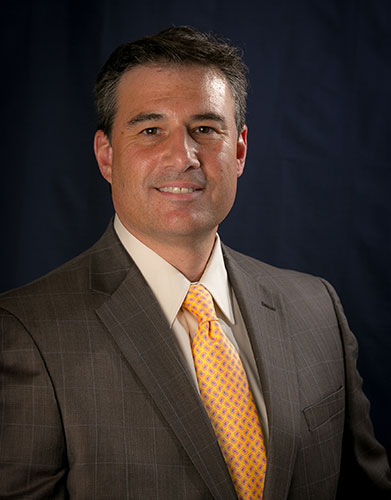- Joseph J. Hoffman, Jr.
- Kenneth A. DiMuzio, Sr.
- Ernest L. Alvino, Jr.
- Anooshay Asim
- Jeremiah J. Atkins
- Peter J. Bonfiglio III
- Vincent Campo
- James M. Carter
- Donald Caruthers, III
- Kenneth A. DiMuzio, Jr.
- Christine DiMuzio Sorochen
- Michael W. Glaze
- Leonard L. Grasso, Jr.
- Robert P. Grossman
- Joseph J. Hoffman, III
- Richard S. Hoffman, Jr.
- Ryan S. Hoffman
- Cristie R. Nastasi
- J. R. Powell
- Joseph J. Slachetka
- Charles J. Sprigman, Jr.
- James S. Taylor
- Robert J. Wiltsee
Your Legal Corner will discuss “Living wills and college.“
When we are getting ready to send our students off to college, hearts fill with pride and a laundry list of love regarding all the things we want to send with them. Yet, what is most likely not on the laundry list to send, is having students create a living will before they leave for college.
As young adults, illness is far from their minds. It is just taken for granted that they will remain healthy enough to make their own decisions regarding health care. But what would happen in the event of a sudden illness or accident?
As a cautionary measure, once any individual turns 18, it is a great idea to create a living will in case of a sudden serious illness, injury or loss of mental capacity.
New Jersey law recognizes three types of living wills or advanced directives as they are referred to by statute. They are a Proxy Directive, Instruction Directive and the Combined Directive.
Proxy
A Proxy Directive allows an individual to appoint a health care representative. The individual named as a health care representative will have the legal authority to make health care decisions on behalf of the individual in the event they become so ill or incapacitated they are unable to make their own decisions.
The health care representative must abide by the written terms (if any) or wishes of the individual. For that reason, the person chosen as the health care representative must be someone the individual trusts and knows very well as they will be entrusted to carry out the intentions of the individual.
Instructional
The second type of advanced directive is the Instruction Directive. This document describes in advance what medical treatment the individual wants to accept or refuse. It also sets forth under what circumstances those wishes should be carried out.
This document should go into detail as to the individual’s desire to terminate life-sustaining procedures that serve only to prolong the dying process. It should set forth the specific medical treatment deemed acceptable as well as what is considered an unacceptable level of impaired functioning. For example, the document should set forth whether artificially provided foods and fluids should be provided. Also, this document should also include whether the individual wants to receive CPR (cardio pulmonary resuscitation) if warranted by the medical provider.
Combined
The third type of advance directive is the Combined Directive. As the name suggests, this document combines aspects of both the Proxy and Instructional Directives. It contains the appointment of a health care representative as well as gives specific instructions as to what type of medical care the individual wishes to receive.
While we never want to think something bad will happen to our adult “children,” it is best to be prepared in case the unimaginable does happen.
Till next time, God bless, keep smiling, when Your Legal Corner, will address “Finding your student a “local” attorney at college.”
Victoria M. Dalton is an attorney with the law offices of Hoffman DiMuzio.
Send questions, or comments to Victoria at [email protected]. Or call 856-845-8243.
Please note that Your Legal Corner was created to provide educational articles about the law and is not legal advice.
Submitting this form does not create an attorney-client relationship, but a lawyer from our firm will contact you as soon as possible.


















